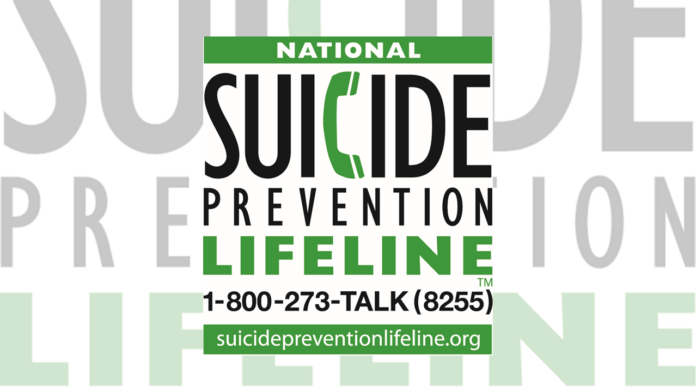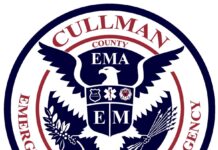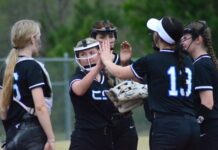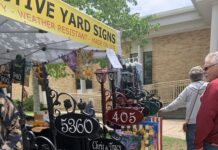| MONTGOMERY, Ala. – All of us can help prevent suicide. Every year, the National Suicide Prevention Lifeline, other mental health organizations and individuals across the nation raise awareness of suicide prevention during September. While suicide prevention is important to address year-round, Suicide Prevention Awareness Month is a dedicated time to share resources and stories to shed light on this stigmatized topic. #BeThe1To is the National Suicide Prevention Lifeline’s message this month and beyond and helps spread the word about actions we can all take to prevent suicide.
The COVID-19 pandemic has caused an increase in anxiety, depression, suicide and substance use. This year’s campaign is now more important than ever. While half of individuals who die by suicide may have a diagnosed mental health condition, research shows that 90% experienced suicidal symptoms. A recent Centers for Disease Control and Prevention report revealed that 40% of adults said they had struggled with mental health issues or substance use issues during late June. “Most notably the COVID-19 pandemic has imposed significant psychological and social effects on everyone. This month we are emphasizing the importance of suicide prevention and the stigma surrounding emotional and mental challenges,” said Alabama Department of Mental Health Commissioner (ADMH) Lynn Beshear. “Because of the pandemic, our providers have increased alternative means of access such as telehealth and continue to be a beacon of light to individuals in need and help family members understand the signs and symptoms of suicidal iterations.” Every year thousands of individuals die by suicide, leaving behind friends and family members to navigate the tragedy of loss. In many cases, friends and families affected by a suicide loss (often called “suicide loss survivors”) are left in the dark. Too often the feelings of shame and stigma prevent them from talking openly. ADMH Prevention Services Director, Beverly Johnson said, “As we are faced with COVID-19 and certain levels of uncertainty, emotional distress and anxiety can occur and we want to provide support and the necessary referral resources to those who need it.” She continued, “We observe the month of September to raise public awareness of suicide prevention. The annual observance yields much needed attention to such a priority area of focus for individuals and communities that we utilize those platforms throughout the year to promote emotional well-being and resource availability.” ADMH encourages everyone to learn more about how they can directly help someone in need. QPR (Question, Persuade, Refer) and Mental Health First Aid are two education first steps. QPR is a gatekeeper training to enable any adult to identify someone who may be suicidal, initiate a conversation, persuade the person to get help, and assist her or him in finding and accessing appropriate help. For more information on this training, please contact Katie Beaugez at 205-677-6116, or visit www.ASPARC.org Mental Health First Aid offers the education to anyone interested in skills and information to help a person developing a mental health problem or experiencing a crisis until professional treatment is obtained or the crisis resolves. For more information on this training, please contact ADMH staff member Lauren Blanding at 334-353-8866 or email lauren.blanding@mh.alabama.gov. Veterans are 1.5 times more likely to die by suicide than Americans who never served in the military. For female veterans, the risk factor is 2.2 times more likely. Suicide prevention information is important to share with veterans, as crises can be heightened by their experiences during military service. If you’re a veteran or service member and in crisis, please call the Veterans Crisis Line for help. Suicide is preventable. Learn how to help and obtain resources at https://afsp.org/take-action/. Please call the National Suicide Prevention Lifeline for 24/7, free and confidential support for people in distress, prevention and crisis resources for you or your loved ones, and best practices for professionals. |




























